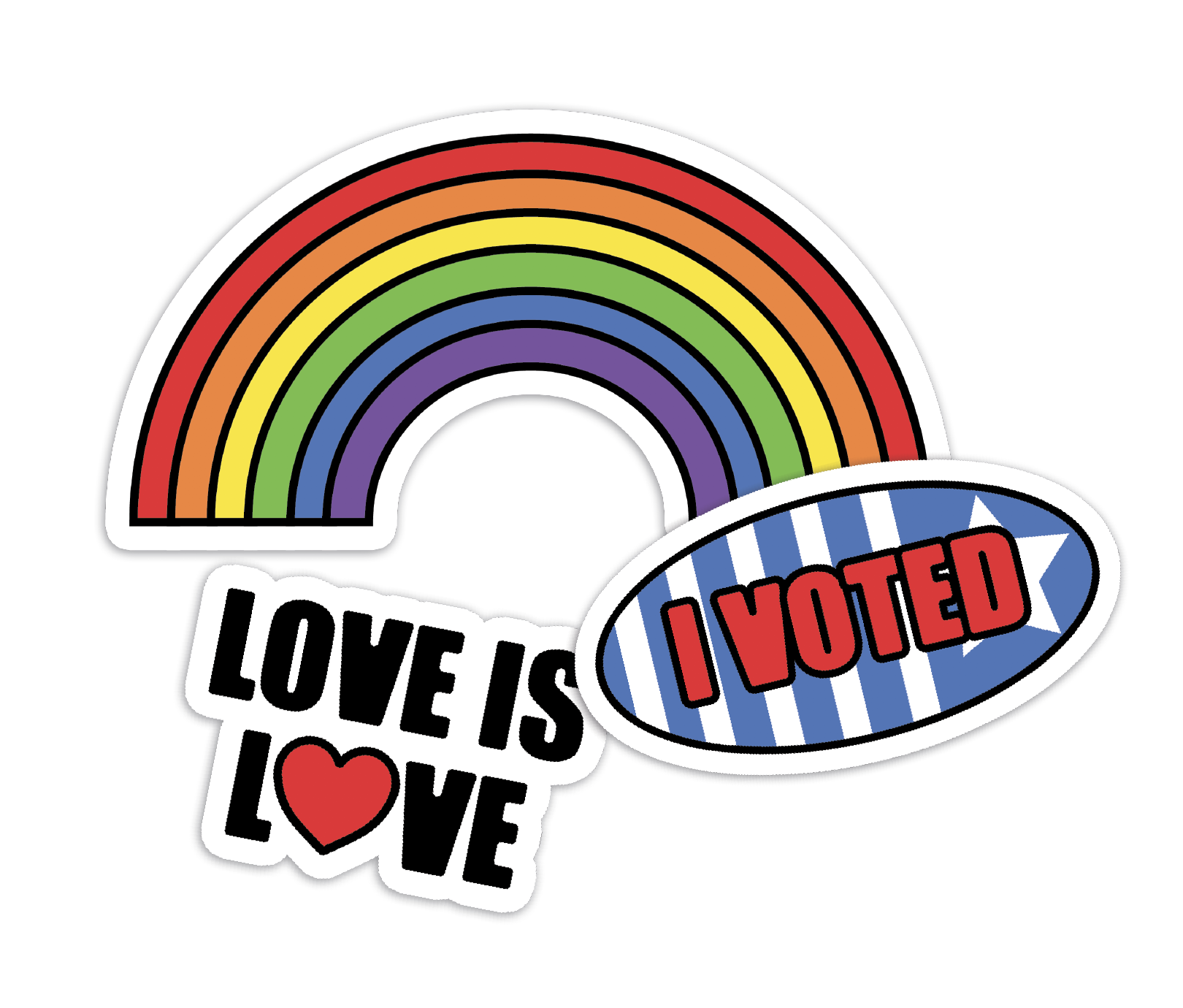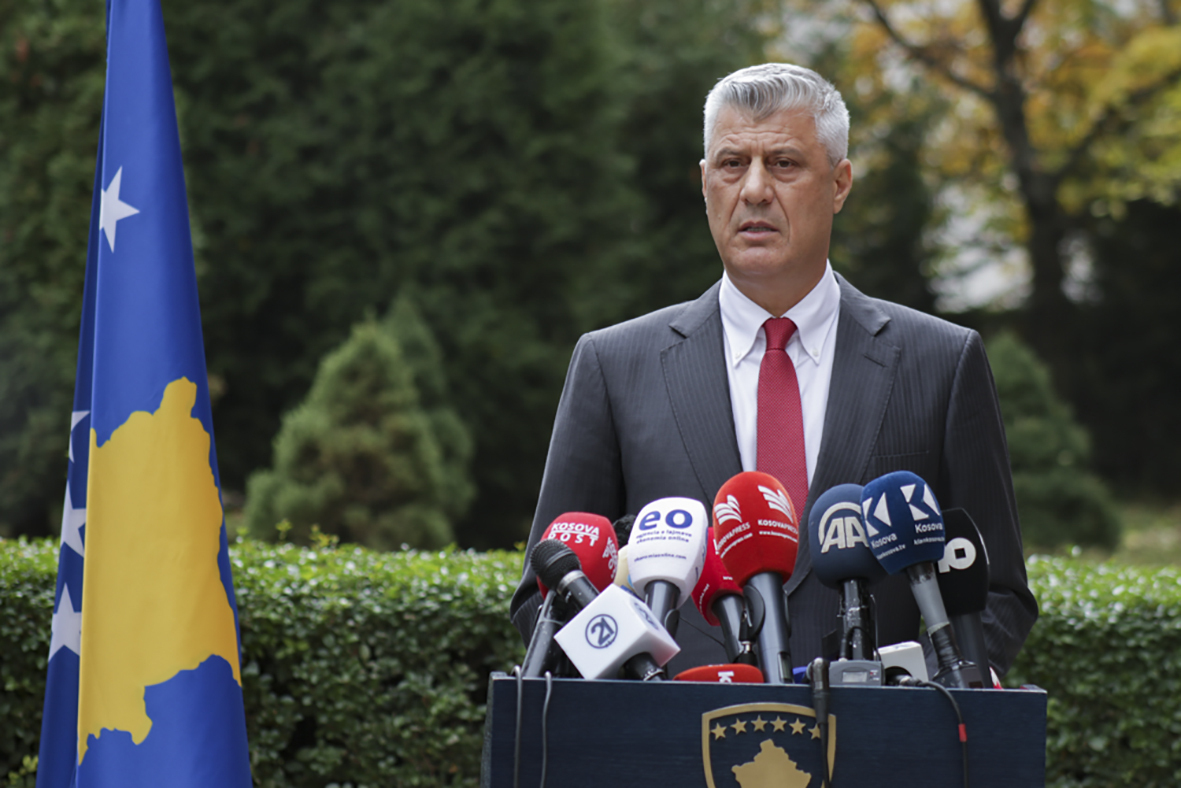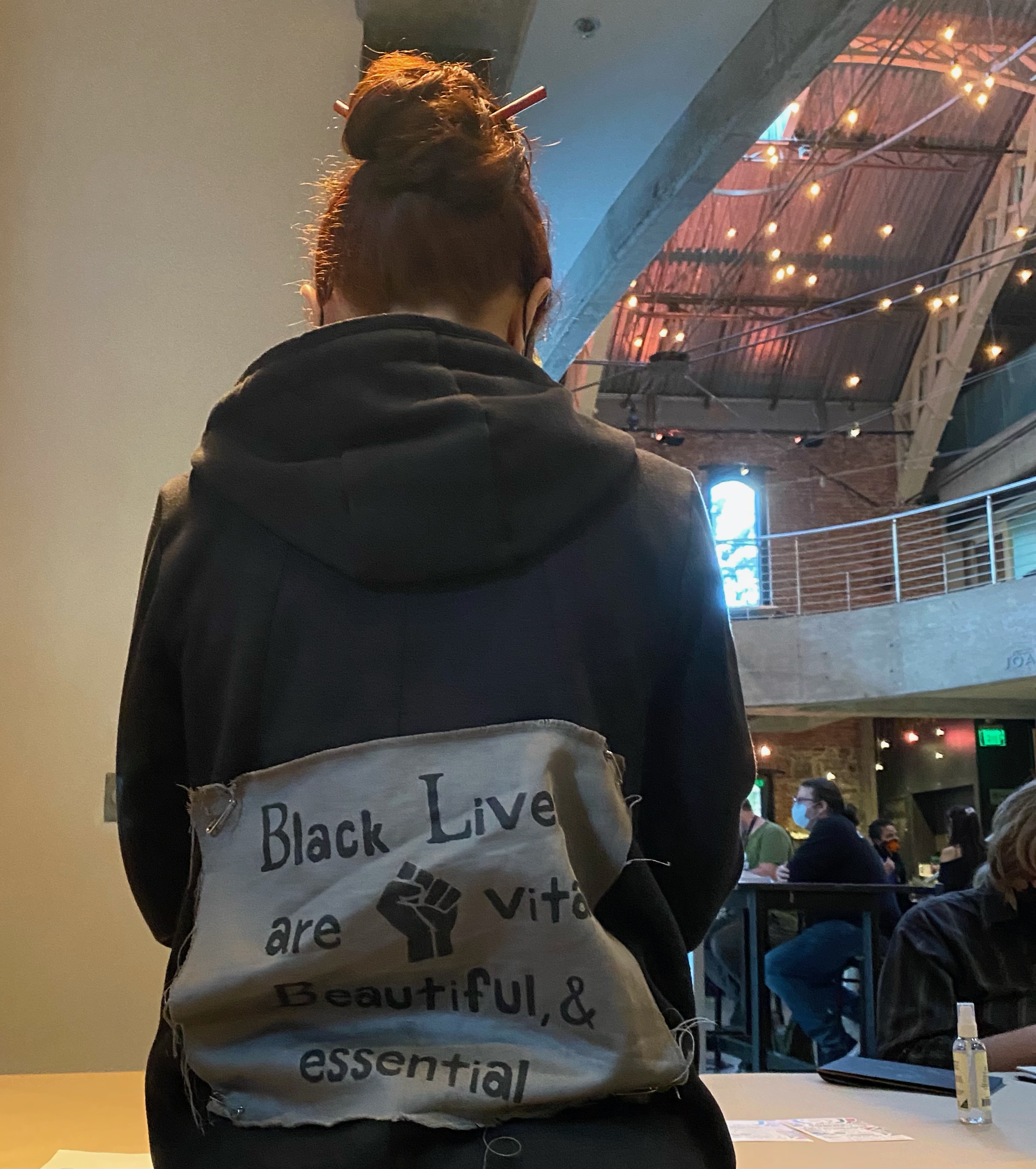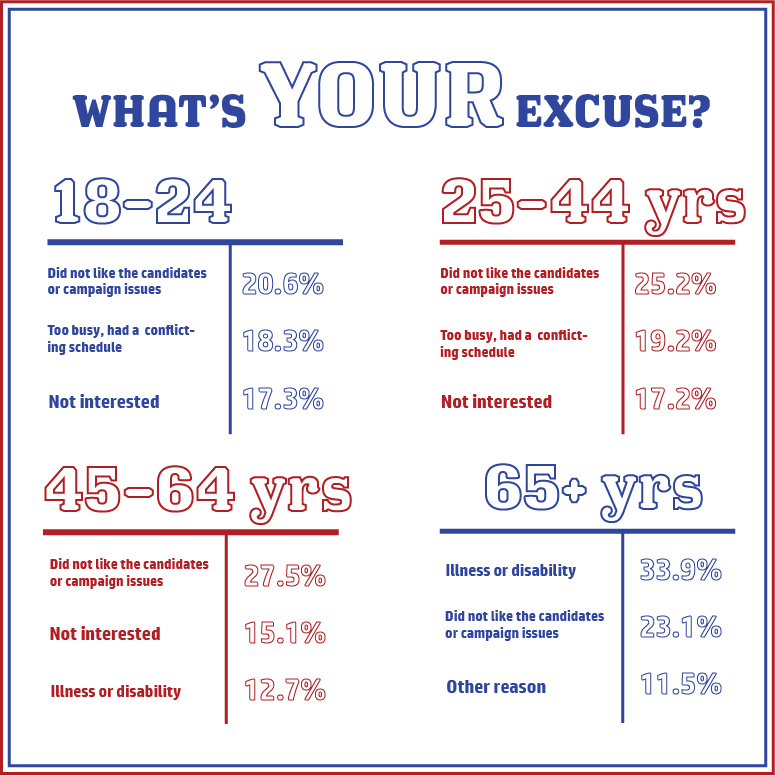Mayor Ted Wheeler
Incumbent Mayor Ted Wheeler managed a narrow lead over his opponent Sarah Iannarone, and was reelected to four more years in office with the City of Portland.
“What I take away from this election is that the voters want change, and they’re going to get change from this administration,” Wheeler told OPB, shortly after the election.
What does this mean for the LGBTQ+ community?
In the past, Wheeler has expressed support for the LGBTQ+ community. He is involved with the nonprofit Basic Rights Oregon and he is an advocate for same-sex marriage. However, Wheeler’s relationship with the LGBTQ+ community has been strained at times, especially because of his role as police commissioner.
When reported violence on Portland’s LGBTQ+ community increased in early 2019, Wheeler responded at a press briefing. “We know this is not new. We know these things happen all the time. As the mayor of this community, I’m aware of these issues and take them very seriously,” Wheeler said.
Wheeler’s response to the reported violence was to have the Portland Police Bureau investigate any cases. Wheeler has been criticized over his last four years as Mayor for trying to solve problems by going through PPB rather than by talking and listening to community members.
Wheeler’s sometimes strenuous relationship with the LGBTQ+ community not only comes down to his use of PPB, but to his work as housing com missioner as well.
According to a study done by University of Chicago, there are an estimated 700,000 houseless LGBTQ+ youth in the United States. Multnomah County reported around 2,000 people living on the streets as of Oct. 5. Also, according to a recent study done by Portland State Homelessness Research and Action Collaborative, LGBTQ+ students and faculty at PSU experience high rates of housing insecurity, houselessness and food insecurity. Many of Portland’s houseless are likely LGBTQ+ youth and adults.
Wheeler has been criticized in the past for his response to houselessness and the housing crisis in Portland, an issue that helped get him elected in 2016. According to The Oregonian, the city opened three outdoor houseless camps in April, one exclusively for LGBTQ+ people of color. While this was seen as a positive development, many Portlanders have expressed they want Wheeler to put forth a long term plan to help the houseless in Portland, including LGBTQ+ community members experiencing houselessness, especially after Wheeler threatened to pull Multnomah County out of a years-long housing partnership—a decision Wheeler argued will help mediate rising houselessness, but that has been criticized by some as a reckless decision.
When asked by The Oregonian if he would hold onto his role as Police Commissioner after his reelection, Wheeler said “I haven’t made any decisions, and I’m not going to until I have the opportunity to consult with all of my colleagues from the city council.” Wheeler will likely remain in his role as housing commissioner.
Wheeler was narrowly reelected as mayor by the City of Portland. Much of his second term will likely be attempting to bridge the divide between his supporters and his critics.
Shortly after his reelection, in his first move at bridging this divide, Wheeler announced gendered language would be removed from the city’s charter in an effort to promote inclusivity.
“The language of the documents that guide the City should reflect our community,” Wheeler stated on his official Twitter account shortly after the announcement. “Today, Council authorized the City Auditor to remove feminine and masculine terms from the City Charter.”
Ballot Measures that could affect the LGBTQ+ community
Police Oversight Committee—With a resounding 81% of the vote, Portland voted to make an independent oversight committee for the city’s police. According to The Oregonian, this committee would have the power to investigate more complaints against the PPB and suggest disciplinary actions, as well as make recommendations for police bureau policy.
The idea behind the measure is to have an independent board that is not composed of PPB members in order to avoid bias, as well as to promote equity. The previous review board could not implement actual disciplinary action—with this measure, disciplinary action could take place in certain situations. Many members of the LGBTQ+ community express distrust for the PPB.
Recreation and parks levy—The second measure that could help LGBTQ+ people in Portland, especially those experiencing houselessness, is the recreation and parks levy, which 63% of Portlanders voted yes on.
The measure does more than just revitalize parks. Charging 80 cents on every $1,000 of property value, this levy takes that money accrued over five years and invests it in revitalizing tree cover in parks and maintaining landscaping. It will also provide free lunches to children experiencing food insecurity, clean litter and hazardous waste from parks, keep public bathrooms clean and safe and make services for communities of color and households experiencing poverty a priority for the city. Until there is a solid plan from Wheeler’s administration on houselessness, this levy will hold the city accountable to keep the parks clean, so that anyone that must stay outside can do so safely and can access programs they need.






